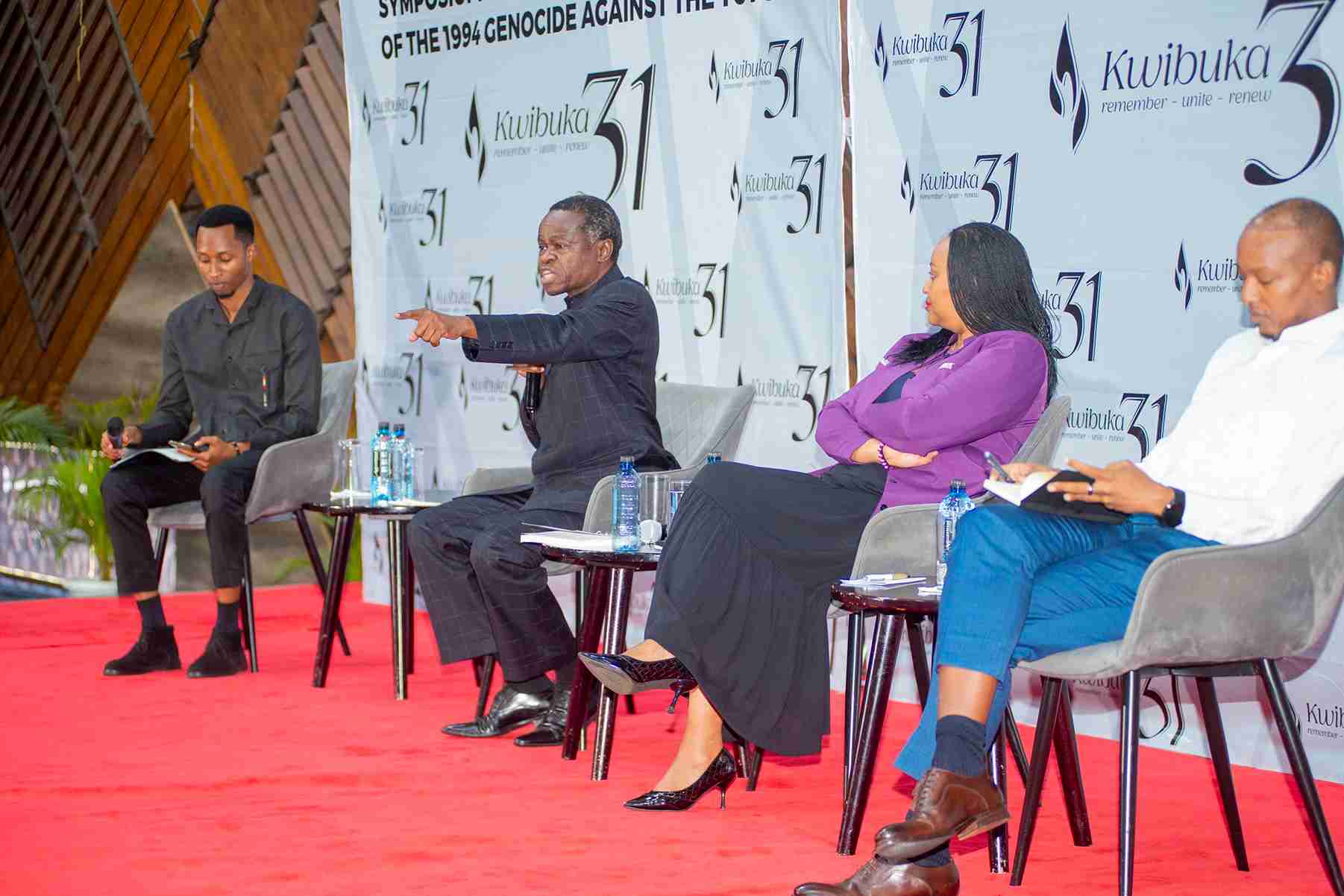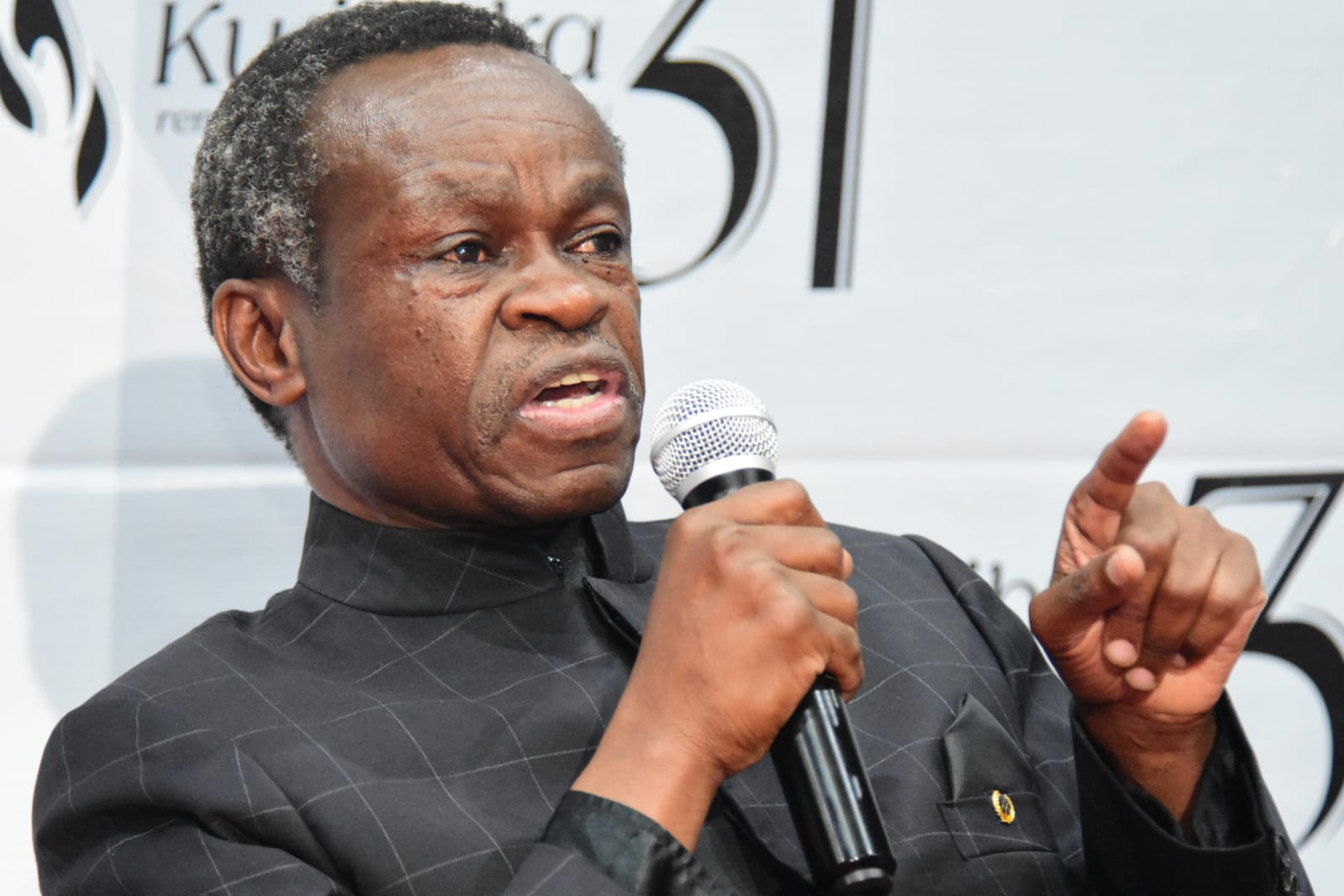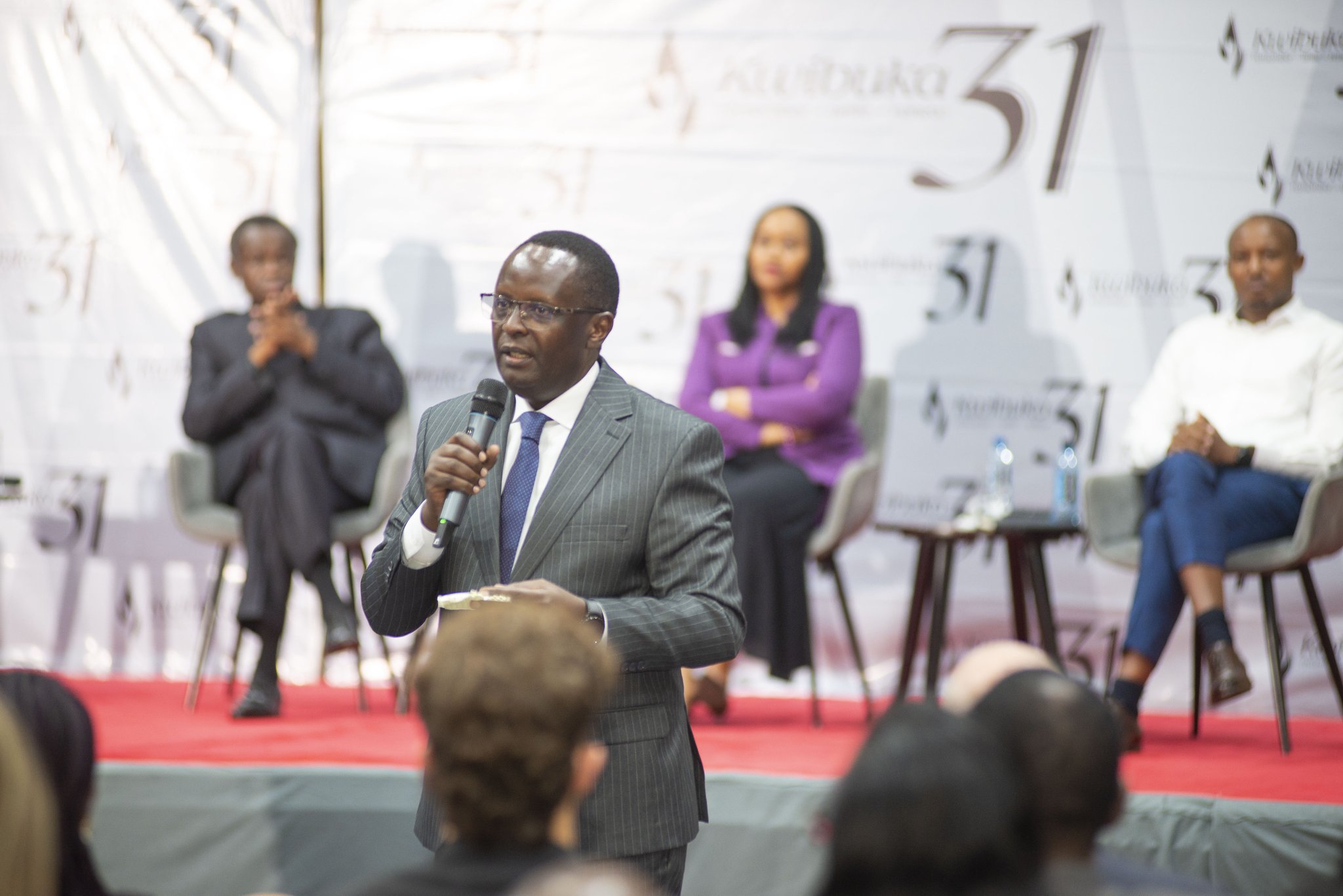Nairobi symposium calls for peace ahead of 31st Rwandan Genocide commemoration

Throughout the commemoration period, various activities are held to honour the victims, with the recurring message being a commitment to peace and tolerance.
Messages of peace, tolerance, and the rejection of ethnic divisions were at the forefront of a symposium held in Nairobi to mark the 31st commemoration of the 1994 Genocide Against the Tutsi in Rwanda. The event, featuring high-profile speakers, underscored the importance of historical memory, justice, and global solidarity in preventing future atrocities.
The symposium, held ahead of the official commemoration, served as a platform to reflect on Rwanda’s journey of healing and reconciliation. Participants emphasised the need to document and preserve historical truths to counter genocide denials and distortions.
More To Read
- UN hails DR Congo-Rwanda peace deal amid ongoing hostilities in the east
- Scepticism grows over DR Congo-Rwanda peace deal
- African leaders hail historic peace agreement between Rwanda and DRC
- DR Congo, Rwanda vow to uphold Trump-backed peace deal
- OPINION: Before pointing at Rwanda, Belgium must finally confront its own African history
- How AI and robotics are improving underground mine safety in Rwanda
By sharing testimonies and research, the gathering aimed to reinforce the commitment to justice and ensure that the lessons from Rwanda remain relevant in addressing present and future challenges.
Professor of Public Law Patrick Lumumba was among the keynote speakers, delivering a powerful call to action for African nations to take control of their destiny.
“All of us here must remember the clarion call to remember, unite, and renew. We must not be told that the 1994 Rwandan Genocide against the Tutsi is now history,” he said. He highlighted Rwanda’s remarkable ability to rebuild after the genocide and praised the Gacaca courts for delivering justice where international mechanisms had failed.
Lumumba also criticised the role of international institutions in Africa’s crises, arguing that many were established without African input.
“It is illogical that some countries in the region are seeking help from the same nations that contributed to these problems. We must come together as Africans, discuss our issues, and take concrete steps to address them,” he urged.
 Professor of Public Law Patrick Lumumba at the event. (Photo: Justine Ondieki)
Professor of Public Law Patrick Lumumba at the event. (Photo: Justine Ondieki)
Rwanda’s High Commissioner to Kenya, Martin Ngoga, along with other panellists, emphasised the importance of sustained peace efforts to prevent future genocides. The discussion shed light on how the 1994 genocide was not a spontaneous event but a culmination of years of hate, division, and inaction. Ngoga reiterated that justice for genocide victims is not solely a Rwandan issue but a global moral obligation.
“Genocide denial, hate speech, and the glorification of perpetrators continue to threaten peace. Countries harbouring genocide fugitives must fulfil their legal and ethical responsibilities by extraditing or prosecuting them, Ngoga stated. He urged the international community to recognise the ongoing dangers of genocidal ideology, which has evolved in digital spaces and political discourse.
The ambassador reflected on the international community’s failure to prevent the genocide. Despite having peacekeepers on the ground, the United Nations did not act decisively, while powerful nations obstructed intervention. International media misrepresented the killings as tribal conflict, and when the scale of the atrocities became undeniable, global leaders responded with indifference.
“The genocide against the Tutsi did not begin with machetes; it began with words,” Ambassador Ngoga noted. “Hate speech, amplified by state-controlled media, dehumanised the Tutsi, making mass murder not only acceptable but inevitable.”
The symposium called for proactive measures to combat hate speech and discrimination, stressing that early intervention is crucial in preventing mass atrocities.
 Rwanda’s High Commissioner to Kenya, Martin Ngoga. (Photo/Courtesy).
Rwanda’s High Commissioner to Kenya, Martin Ngoga. (Photo/Courtesy).
Remembering the Victims
The suffering endured by genocide survivors was brought to life through the storytelling of renowned author Dimitri Sissie. His vivid recounting of the horrors experienced by victims served as a solemn reminder of the need for remembrance and action.
The commemoration, known as Kwibuka—which means “remember” in Kinyarwanda—begins on April 7 and lasts for 100 days. It marks the period in 1994 when an estimated one million Tutsi were systematically murdered by the Hutu extremist-led government. Moderate Hutu who opposed the killings were also targeted.
During the commemoration period, various activities take place to honour the victims and reinforce the message of peace and tolerance. Panellists reiterated that remembrance is not just about looking back but also about shaping the future.
“We must interrogate the failures that allowed such a horrific crime to unfold and confront the persistent dangers of genocide ideology,” Ambassador Ngoga stated. “Only by strengthening our capacity both as Africa and as a global community can we prevent future atrocities.”
Participants at the symposium were urged to ensure that “Never Again” is not just a phrase but a reality. The event served as a call to action for nations, organisations, and individuals to stand together against genocide, discrimination, and violence, reaffirming that when one nation suffers, the entire world is affected.
Top Stories Today











































